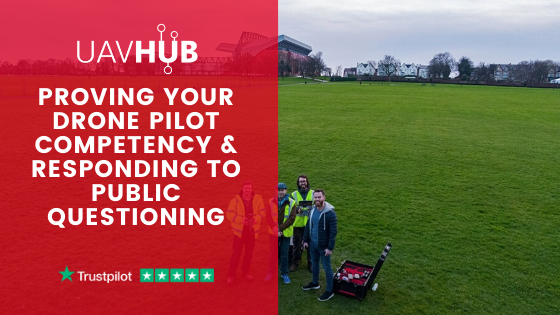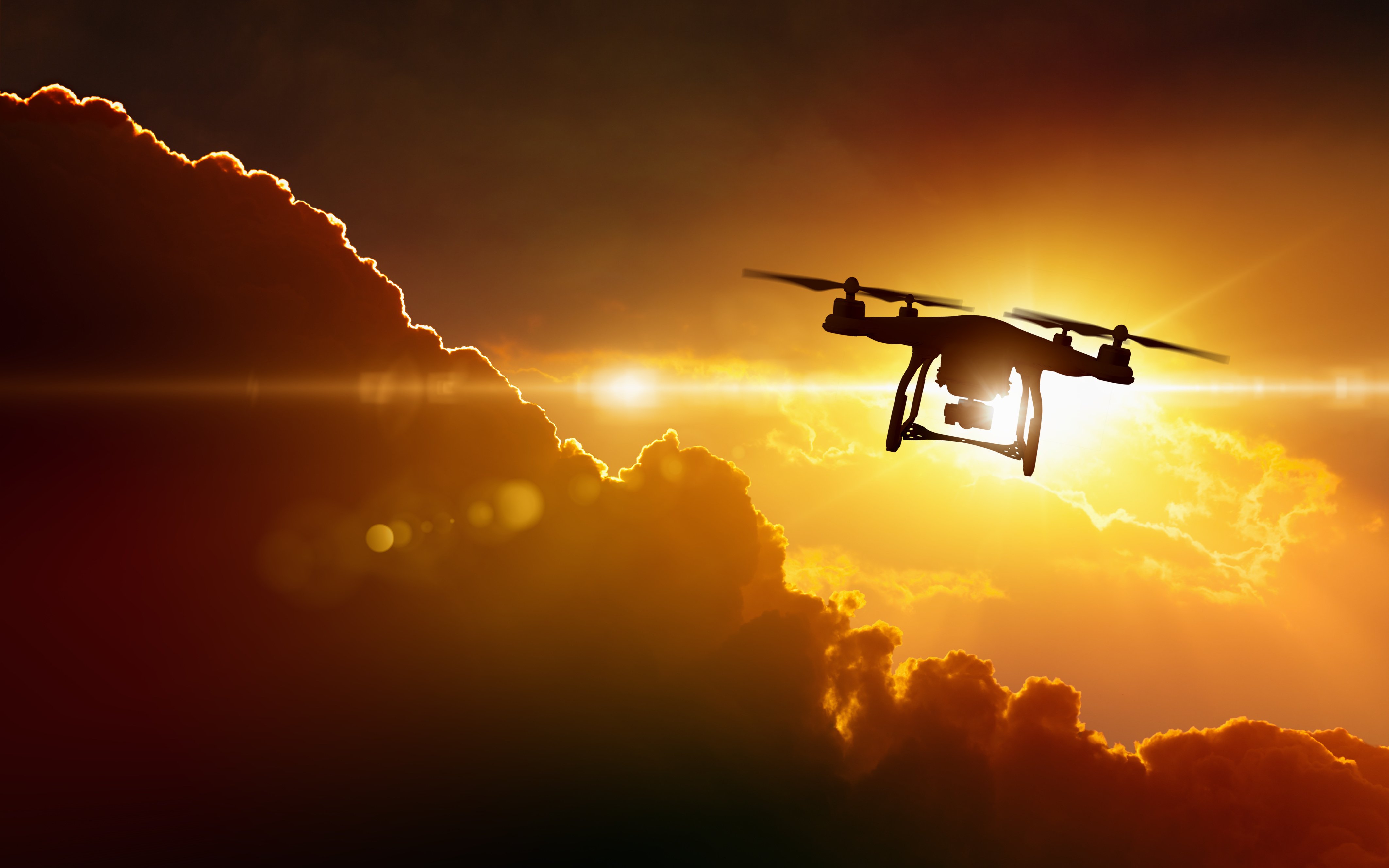
One of the questions which we get asked quite a lot by relatively new commercial drone operators is how to deal with a situation when challenged about the legality of a flight they are busy with. So we decided to share some of our experience in dealing with this issue.
Know your rights
As a professional operator, it is pertinent that you fully understand what your permission allows you to do and what the restrictions are that limit your operations considering the type of aircraft you are flying, what permission you have, where you are flying etc.
You will, of course, have been taught all of those restrictions during your UAVHUB PfCO, GVC or A2 CofC training course but it is also important to stay abreast of any changes in the regulations that may affect your permission and any restrictions applicable to the circumstances of your operations.
Matt Williams’ YouTube channel ‘Mr.MPW’ is a great source of information in this regard. He continues to serve the community extremely well with his in-depth, yet understandable explanations of the Civil Aviation Authority’s regulatory publications.
By being confident in your understanding of the regulations you will immediately place yourself well to be able to deal with anyone who challenges the legality of a flight professionally and appropriately.
Prove your permission
What is the best way to prove that you are suitably prepared and qualified to undertake a flight if someone asks you to? There are a couple of ways of identifying yourself as a professional operator as well as some important documents you should have with you to deal with the situation efficiently.
Firstly, we always recommend that you, and all of your crew if you are not working alone, should have some form of branded uniform. Hi-visibility jackets with your company logo printed on them are a great way of making your team visible to one another and to any onlookers.
An (unofficial) identification card for each crew member is also a good idea. These can be ordered online or laminated yourself and worn on a lanyard.
Irrespective of whether you have a PfCO, GVC or A2 Cofc permission, always carry a Flip File or folder with you to all of your jobs to ensure that you have the necessary documents to hand when they are needed.
You should have the following Included in your folder:
- A copy of your CAA permission (PfCO, Operational Authorisation or A2 CofC)
- A copy of your CAA Operator ID and Flyer ID confirmation
- Your flight planning material - ideally including landowner/landusers' permission
- Your Operations Manual (if appropriate)
- Your commercial drone insurance
These documents should normally all be included in your flight kit anyway but they certainly will help in the event that you are challenged to prove your competence as well as the legality of your planned flight.
Act professional and open to communication
What is the best way to handle a person who questions your intention to fly while you are on-site? It is vital that you enter into a conversation about the issue being raised rather than try to avoid the issue or make the person feel like you are unwilling to discuss it.
Common courtesy will go a long way in helping resolve the issue and allowing you to carry your work out effectively.
Consider inviting the person in to have a look at your site map and try to put them at ease by reassuring them that you are there for a specific purpose and that you will not be causing any unnecessary disruption to anyone else as a result of your flight.
In our experience people quickly realise that whether they like drones or not, we do have the right to carry out our flights as per our flight plan.
If the situation escalates further you will definitely still need to resolve it before carrying out the planned flight. You will not be able to perform at you best and you certainly won’t be able to maintain the required situational awareness which drone operations require if you are distracted. Ultimately, you may need to contact the landowner or possibly even the local authorities to assist you in diffusing the situation. This is however very rare and should always be preceded by good open communication between you and the person who’s questioning your operation.
Conclusion
Planning for all possibilities always puts you in the best position to deal with them if and when they occur. The recommendations we have made here may seem logical, but they may just save you an unnecessary argument and allow you to carry out your work more effectively.
FAQ:
Q: Is it legal to fly a drone in a built-up area?
A: Yes, with the correct permission issued by the CAA such as an Operational Authorisation or an A2 Certificate of Competency (A2 CofC).
Q: Can I stop someone from flying a drone?
A: Generally no, not as long as the remote pilot is operating the drone legally within the UK CAA drone regulations.
Q: Can I film my neighbour’s house with my drone?
A: No, not without their permission and only when you adhere to the UK CAA drone regulations.


